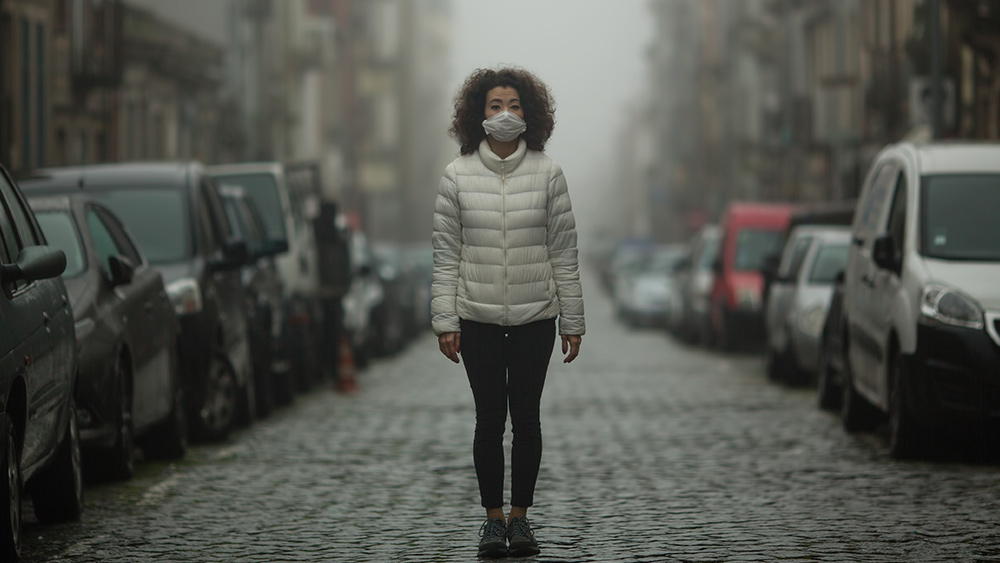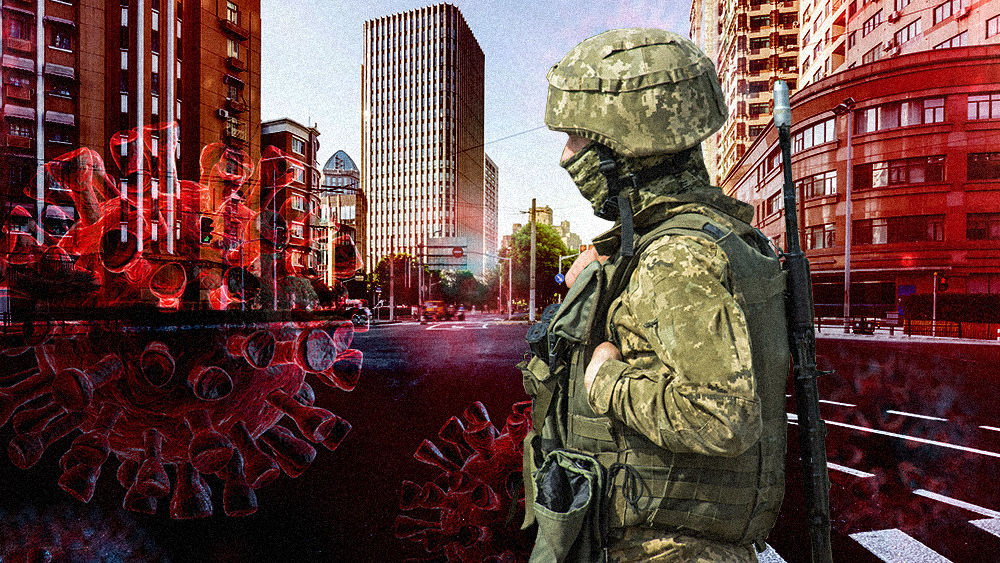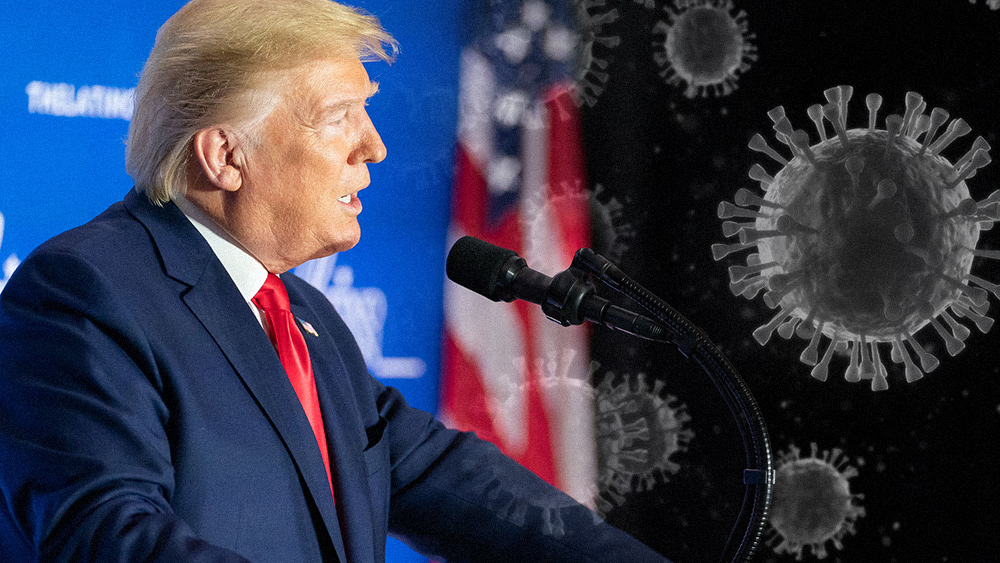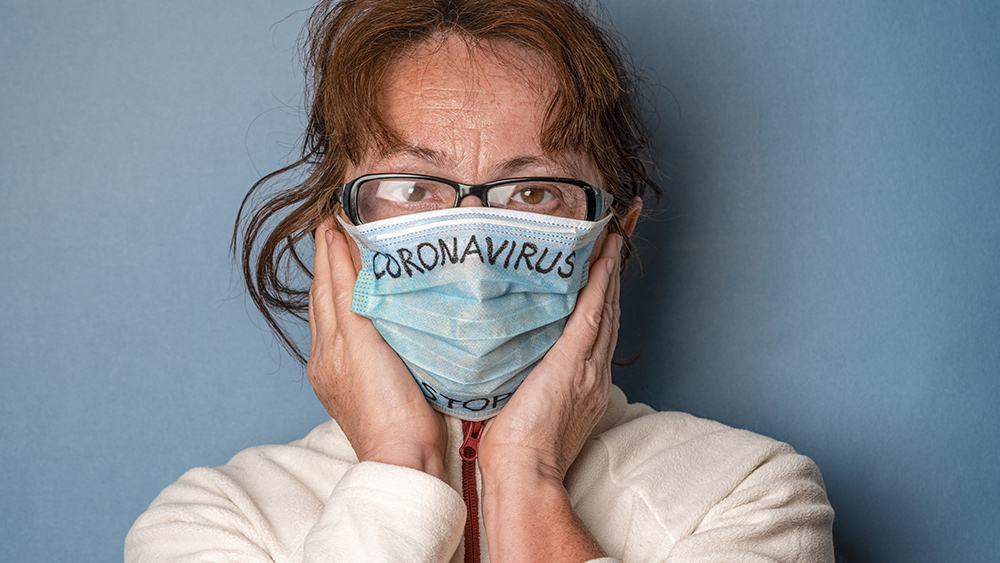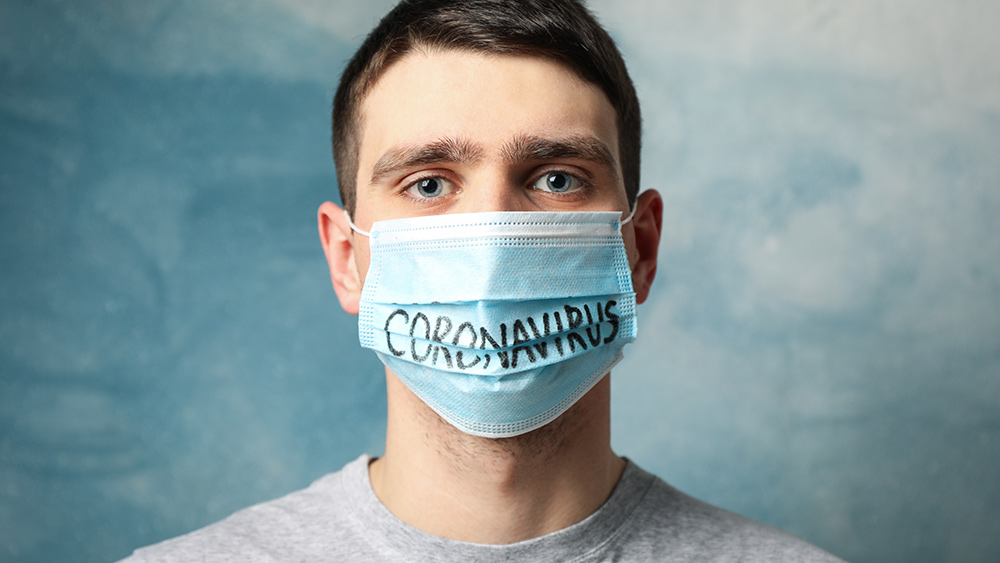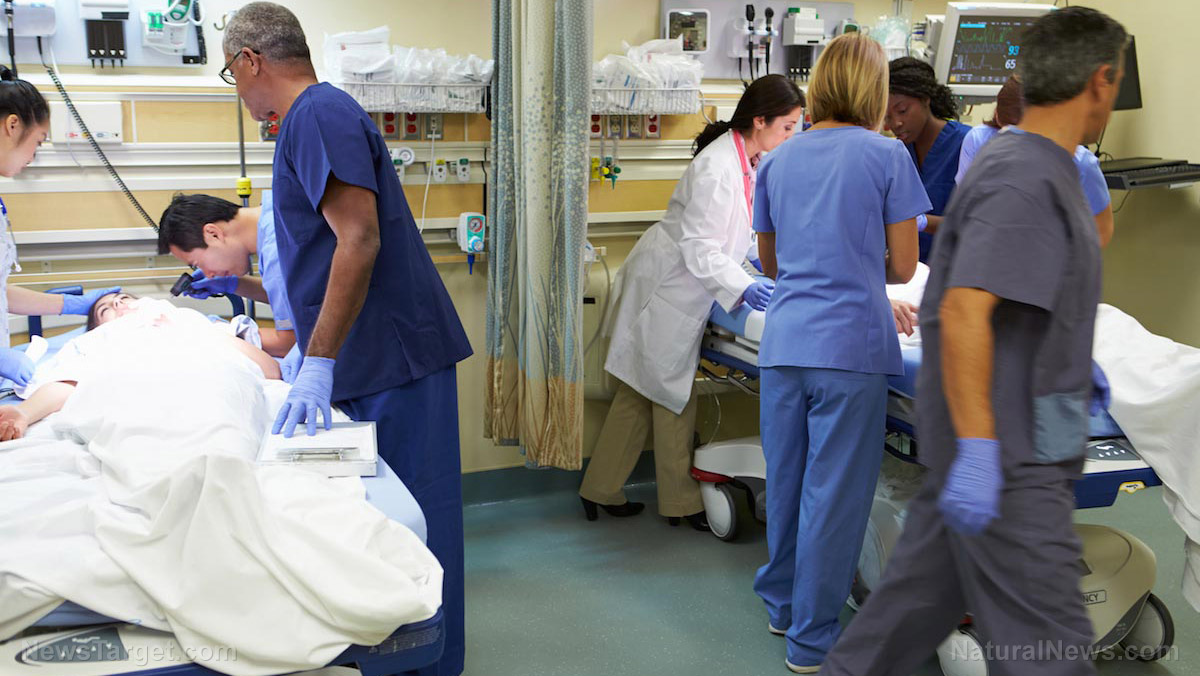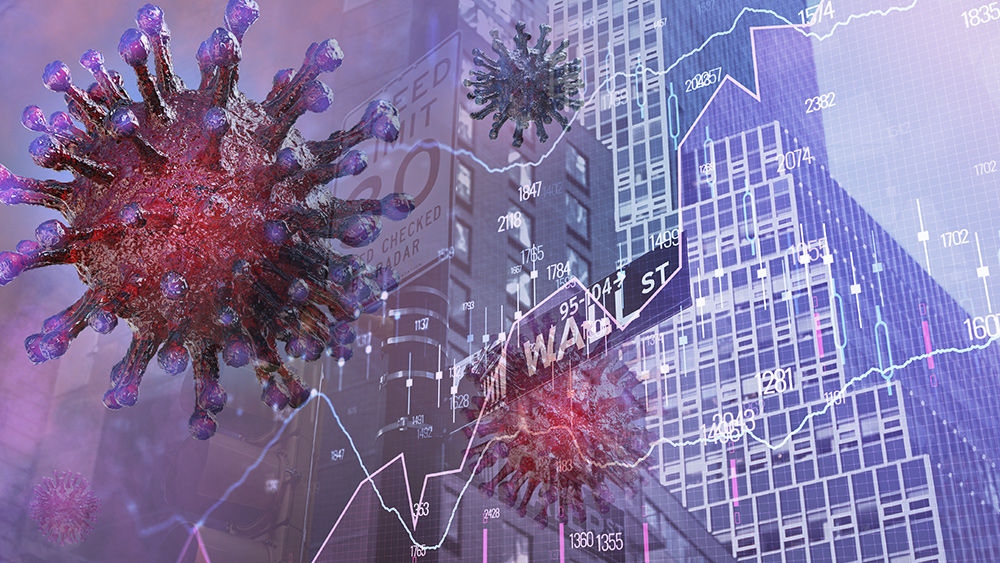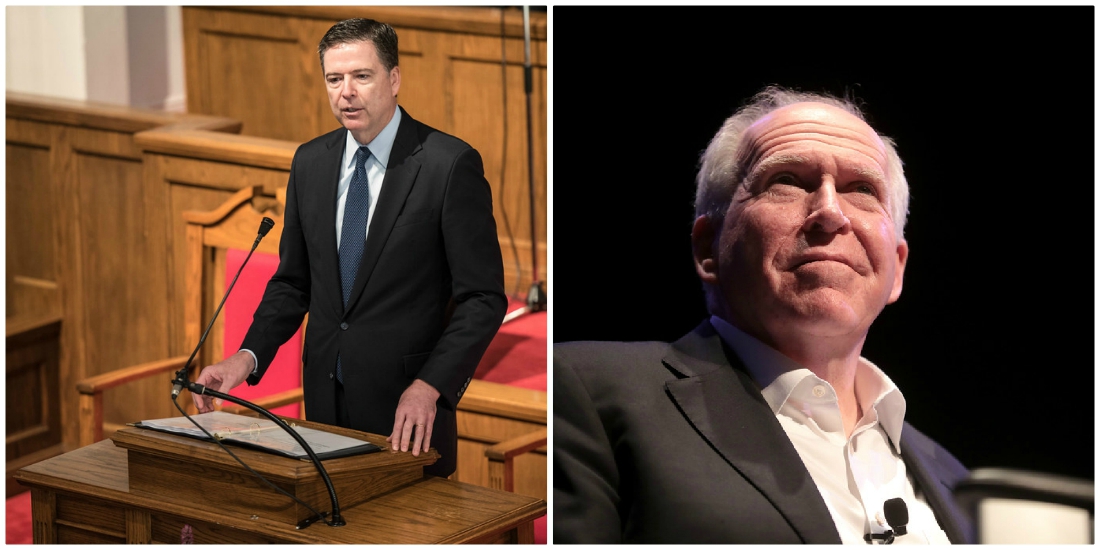The US government thinks that fighting coronavirus requires spying on your phone’s data
03/20/2020 / By Michael Alexander

As it turns out, the United States government is looking at a new potential tool to be used in the fight against the ongoing coronavirus pandemic: Big Data.
In a report published Tuesday, The Seattle Times said that the federal government is currently in talks with tech conglomerates Facebook and Google, as well as other tech companies and public health experts, about potentially using data gathered from Americans’ phones in order to help combat the novel coronavirus. According to the report, among those to be explored is its potential capability to track whether people are keeping one another at safe distances to stem the outbreak.
Public health experts have expressed interest in the possibility that the data, when compiled in an anonymous and aggregated form, could be used to track and map the coronavirus, which has infected more than 200,000 people globally.
Caroline Buckee, an associate professor at the Harvard T.H. Chan School of Public Health, has been identified as one of the experts involved with the discussions.
According to Buckee, who has used data from cell phones to predict the spread of malaria in Kenya, while the aggregated data may not be “especially useful” for predicting the spread of the COVID-19 coronavirus, it could prove invaluable when it comes to checking whether people are following the social distancing guidelines imposed by authorities.
Similar measures have been put in place in China, where the collection of information from social media is used in conjunction with facial recognition software. Visitors to office buildings, shopping malls, residential compounds and train stations now have to scan QR codes using their mobile phones, as well as fill in forms requesting their travel history and body temperature.
Despite its strong potential for good, however, experts say the approach could leave some Americans uncomfortable, given the sensitivity when it comes to personal data, as well as details about their daily whereabouts.
“As a researcher, I would be interested in analyzing aggregated and anonymized location data related to human behavior during the COVID-19 pandemic crises,” Marguerite Madden, director of the Center for Geospatial Research at the University of Georgia, said in an interview with Wired. Despite her interest, however, Madden still has reservations.
“As a private citizen, I would not be comfortable with private companies turning over my location data to governmental agencies unless I was made fully aware of the use of the data and trusted the data would be used as specified in the data agreement,” Madden added.
Buckee, however, said people will have nothing to worry about in terms of privacy and personal data, as the effort will not collect any identifying information about users, nor is it designed to track people over long periods of time.
“It is actually quite constrained in terms of what you can do with it, but for questions around social distancing it will still be incredibly helpful for policymakers,” she said in her Wired interview, adding that it will only be used to gather aggregate trends.
“People are concerned, and rightly so, but this isn’t in any sense following people around,” Buckee added, noting that it is vital that the data collected during the effort cannot be reversed engineered and used to track individuals — a reference perhaps to the public’s fear of near-Orwellian measures such as that of Clearview AI, a startup company that has recently built a vast facial recognition data database using images lifted from the internet.
According to several reports, Clearview AI — which has come under criticism for selling its facial recognition app to U.S. law enforcement — is now in talks with officials about using its system to help trace those who have been in contact with coronavirus patients. (Related: Social distancing and early testing could have PREVENTED 95% of all coronavirus cases in China).
The report on the collaborations between the government and the tech juggernauts came days after Facebook said it will donate $20 million to support global relief efforts related to the COVID-19 coronavirus pandemic.
Mark Zuckerberg, the social media firm’s chief executive, said Facebook will be donating $10 million for the United Nations Foundation (UNF) and World Health Organization’s COVID-19 Solidarity Response Fund and another $10 million for the CDC Foundation.
In addition to funding efforts to combat COVID-19, Facebook is also working with Chapman University and other collaborators in developing maps that show how people are moving between areas that have confirmed COVID-19 cases and those that do not. The maps, which are accessible online, may help reveal the patterns driving the spread of the coronavirus, as well as highlight the places that are most at risk of becoming new hotspots of the disease.
As of this writing, 214,894 have been confirmed to be infected by the COVID-19 coronavirus globally, while 8,732 have been confirmed dead.
Sources include:
Tagged Under: Big Data, China, communication, computing, coronavirus, covid-19, enslavement, Facebook, Glitch, Google, government, infections, isolation, monitoring, Orwellian, outbreak, pandemic, police state, prevention, priority, privacy, quarantine, search engine, smartphone, Social media, spying, superbugs, surveilance, surveillance, tech giants, technocrats, tracking, Twitter, video, virus
RECENT NEWS & ARTICLES
COPYRIGHT © 2017 PENSIONS NEWS



